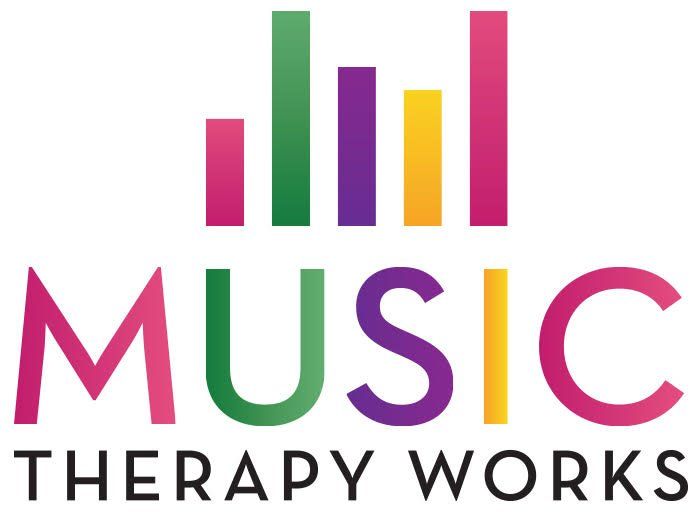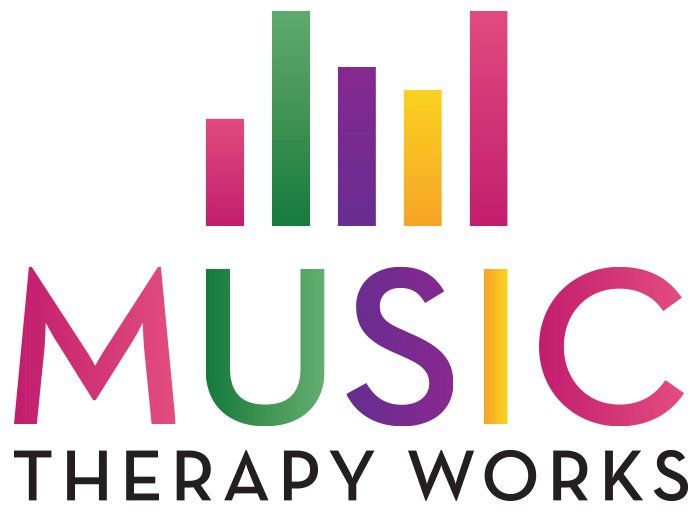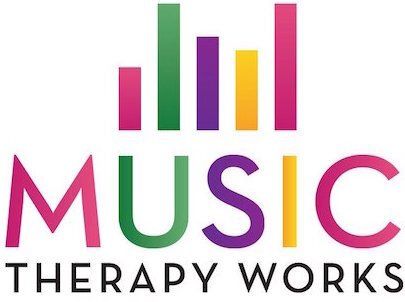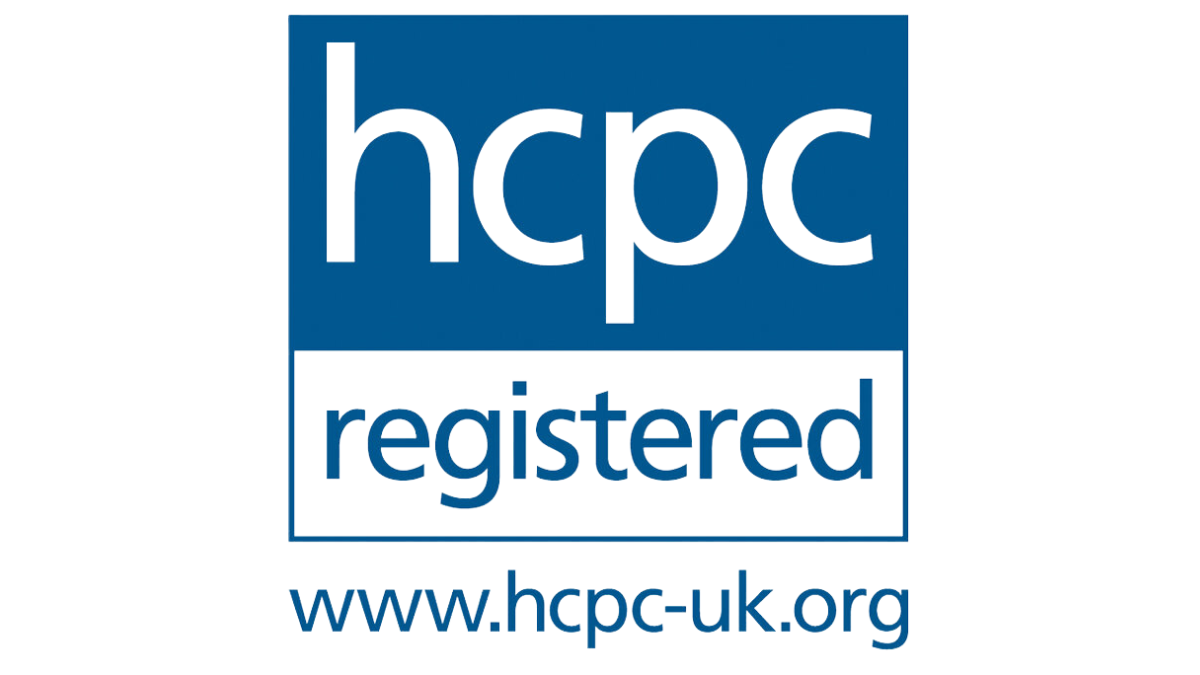Music Therapy
About Music Therapy
You don't have to be 'good at music' or play a musical instrument to benefit from Music Therapy. Musicality is an innate human quality that can be mobilised to enable expression and build relationships, as a means of nurturing wellbeing and enriching our sense of self. Music Therapists are HCPC-registered professionals, trained to Masters level, who have developed the skills to use music, in all its guises, to support people at all stages of life, facing all manner of psychological, cognitive, emotional and physical challenges. Music is fundamentally relational, so by attending to someone’s individual needs by working with them in music, new opportunities for self-expression, connection and communication can be creatively explored. Music Therapy responds to client need and is uniquely accessible for people across the lifespan, particularly when verbally-based therapeutic interventions are unlikely to be effective. Music Therapists work with newborn babies to elderly adults, and everyone in between. Rather than simply addressing the challenges someone is experiencing, Music Therapy works to mobilise innate resources in ways that ripple out into people's wider lives, building resilience and opening opportunities for the future.
Benefits of Music Therapy
From the moment we are born, we co-create improvised patterns of life with other humans, developing the blueprint for our relationships and self-awareness. Music therapists are trained to weave these patterns into music, amplifying communicative potential to support self-expression for people who find themselves limited in their freedom to show who and how they are. As one client put it, “I can hear myself being heard”. The breadth and depth of Music Therapy’s potential to effect meaningful change is unique – from enabling recovery from trauma, to celebrating diversity and identity; from addressing mental health needs in positive ways, to coping with chronic pain; from supporting babies in their first days, to accompanying people in their final hours.
Examples of the benefits of Music Therapy include:
- Improvements in emotional wellbeing, relational skills, and self-regulation among looked-after children.
- Reduced anxiety, depression, and stress: music can trigger dopamine and serotonin, elevating mood, reducing depression and anxiety.
- Enhanced learning and focus: music can improve attention spans and motivation, making it a useful tool in educational settings.
- Improved communication, social skills and attention in people with autism, developmental conditions or social, emotional and mental health needs.
- Reduced PTSD symptoms and emotional distress in children who have experienced abuse or neglect, including those who are fostered or adopted.
- Enhanced memory, concentration and cognition: particularly useful in dementia care, music can stimulate parts of the brain involved in memory and attention.
- Improved motor coordination: rhythmic and structured musical interventions can aid physical motivation and rehabilitation, including for people recovering from injury or stroke, and those with a wide range of physical impairments.

How we work
We deliver Music Therapy for clients across the Midlands. We can also partner with organisations on pioneering projects and research.
If you're interested in how Music Therapy might help...
Please contact us with your enquiry. It's really useful if you can tell us: 1) post code of prospective client; 2) why you are interested in Music Therapy; 3) any scheduling constraints - the more availability you can give, the greater the chance we can find a match with a therapist. When we match you with a therapist, we can then discuss further details about the therapy. If we don't find a match straight away, we can add you to our waiting list. If you need to apply for funding or an EHCP, we can support that process. We charge an hourly rate for Music Therapy and generally deliver 1 hour per individual/group on a weekly basis to optimise therapeutic continuity and outcomes. Music Therapy sessions are usually held in client's own premises (schools, hospitals, private homes etc.) We don't have our own venue, but can sometimes hire a space for an additional fee. Music Therapy can be delivered on a long-term or short-term basis.
If you're interested in partnership projects and research...
We love innovative projects, programmes and research that push back the frontiers of Music Therapy and help us to better understand and articulate the benefits. If you might like to partner with us in jointly fundraising and delivering new work, please contact us.
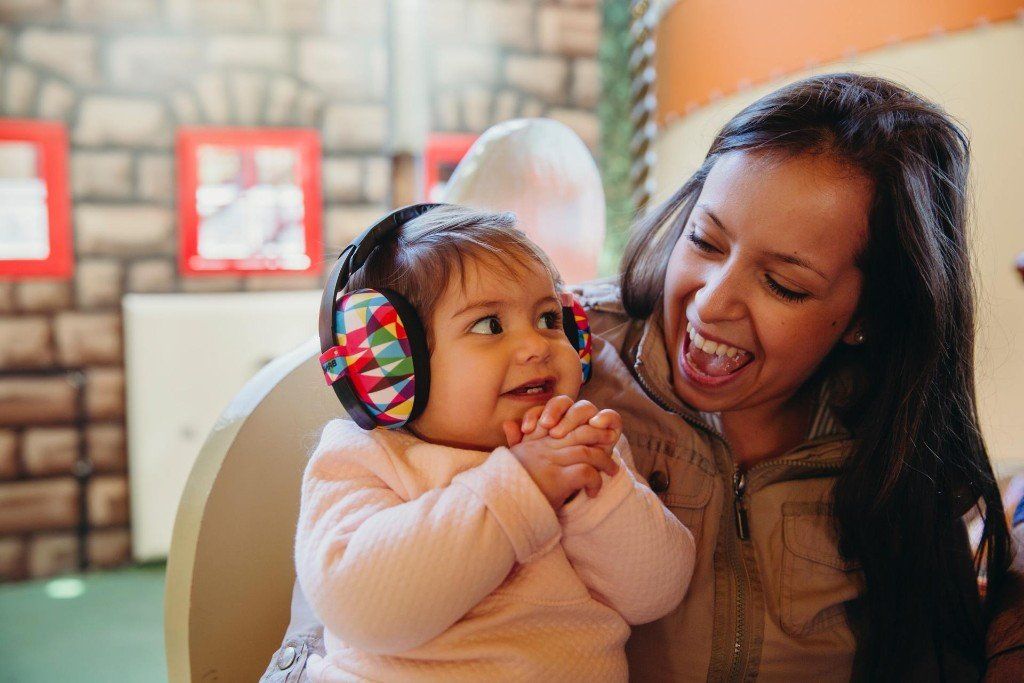
What happens in a Music Therapy session
Music Therapy is person-centred, so the shape of a session and the activities within it are always informed by the client's needs in the moment. Music Therapy can benefit both individuals and groups, depending on the circumstances. There are a huge number of ways in which music can be used to develop a therapeutic relationship and a wide variety of clinical methods are flexibly employed by the therapist to meet client needs in a creative, attentive and bespoke way. This can include:
- Improvisation using a range of acoustic instruments, electronic instruments, or voices
- Listening to recorded music together
- Song writing
- Making recordings
- Techniques inspired by recent advances in neurology and psychology

Safeguarding
Safeguarding is foundational to everything we do at Music Therapy Works. Our Music Therapists are trained in safeguarding children and adults to Level 3 (minimum), refreshed every three years. They also belong to the HCPC Register of Arts Therapists and are required to meet the professional standards set by this regulatory body: www.hcpc-uk.co.uk.
The Designated Safeguarding Lead for Music Therapy Works is Kate Fawcett (Clinical Lead) who can be contacted via email on info@musictherapyworks.co.uk or by phone: 01905 972567
Our Safeguarding policy is reviewed and updated by the board of Trustees every three years.
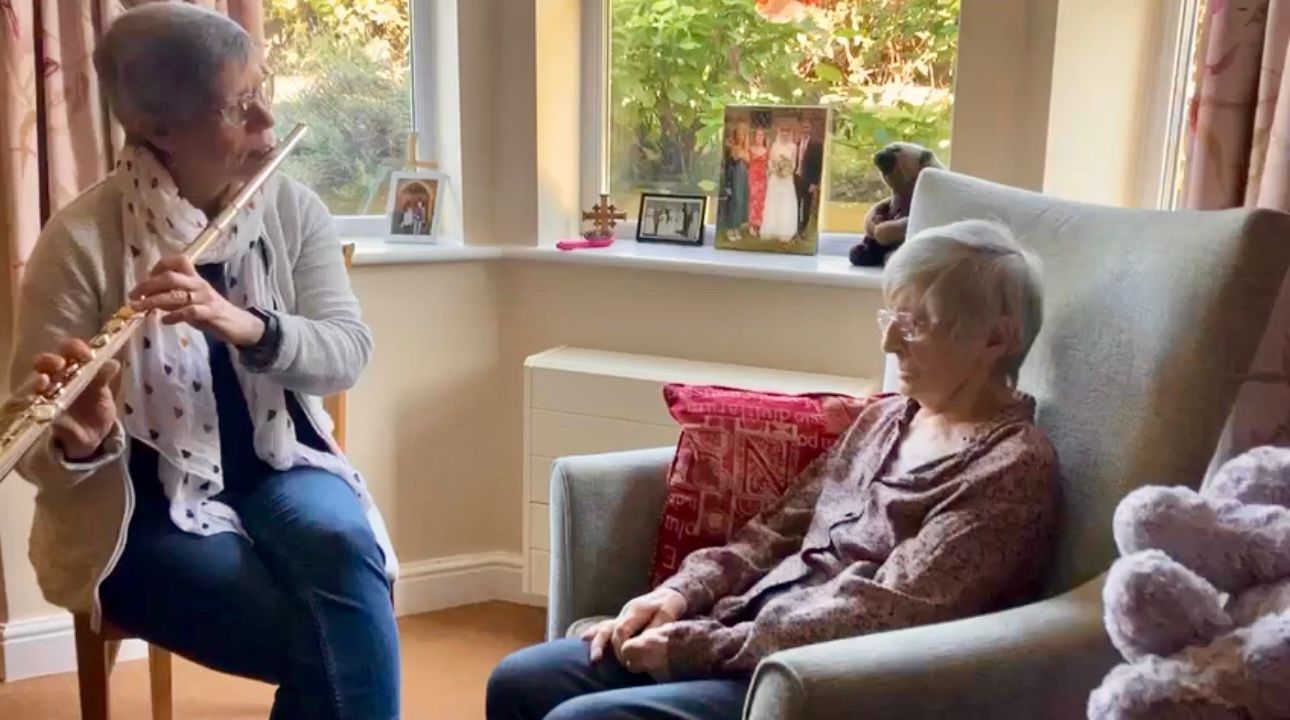
Outcomes and Evaluation
On an individual level, we are flexible in developing bespoke outcomes, evaluation and reports that respond to client needs and circumstances. By forming a trusting therapeutic relationship which is grounded in the responsive use of music, our Music Therapists can establish suitable goals in collaboration with each client. These goals may be developmental, psychological, emotional or physical in focus, depending on the nature of each client's particular journey.
On a collaborative level, our Music Therapists are experienced in working as part of multi-disciplinary teams (MDTs) and reporting within outcomes frameworks required by organisations such as the Adoption and Special Guardianship Support Fund (ASGSF).
On an organisation-wide level, we annually evaluate the cumulative impact of everything delivered by Music Therapy Works. We are committed to delivering a high quality service and seeking to better understand and articulate the benefits of Music Therapy.

